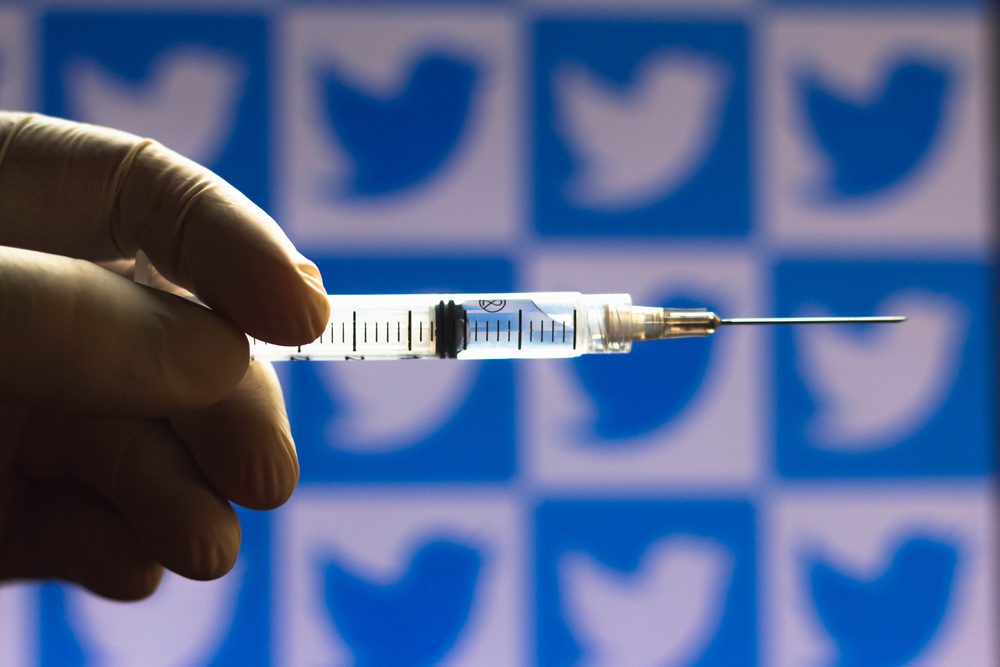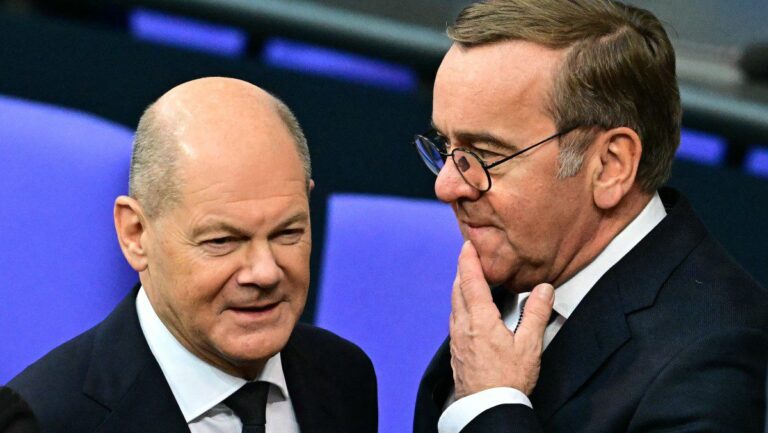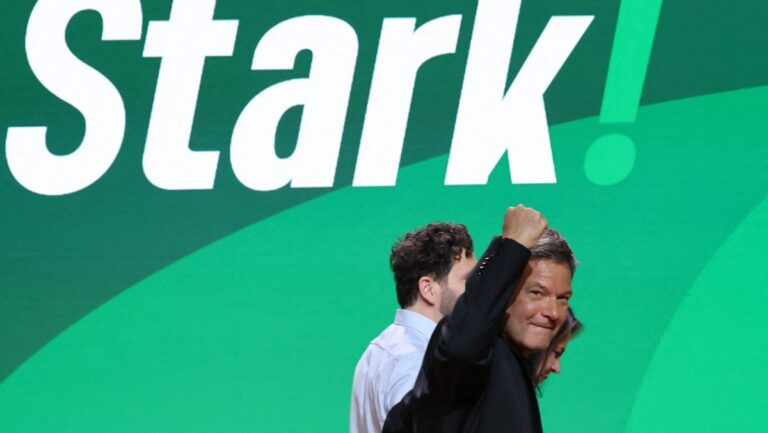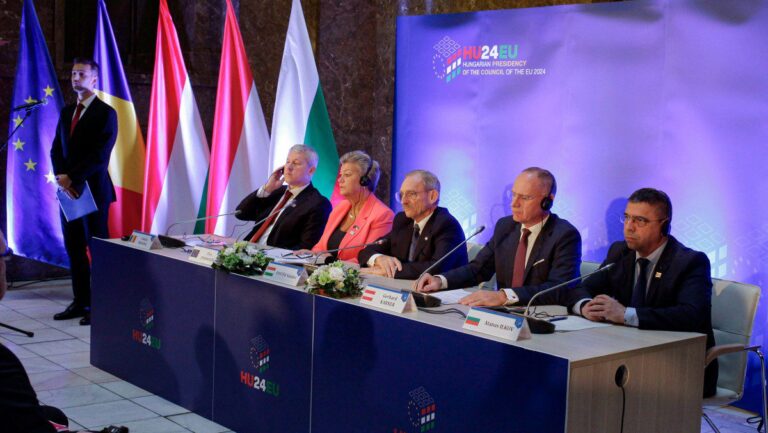Twitter censored true reports about side effects, questions about efficacy, expert opinions of dissenting physicians, and even some ‘worrisome jokes’ regarding COVID-19 vaccines, all at the request of an ‘anti-misinformation’ body funded partly by the U.S. government. The latest batch of the Twitter Files takes a look at how the Virality Project ensured that there was but only one truth out there when it came to vaccines.
After Elon Musk’s takeover of Twitter, the investigation into the company’s past free speech violations is still going strong, touching on multiple policy areas in which the government or big business sought to keep tight control over the social media narratives, and did so with the compliance of big tech.
We published a more detailed breakdown of the most important aspects of the Twitter Files before, so let us now focus on the main character of the latest revelations: the Virality Project, a “sweeping, cross-platform effort to monitor billions of social media posts by Stanford University, federal agencies, and a slew of (often state-funded) NGOs,” as Matt Taibbi, the journalist publishing the files, described it.
1.TWITTER FILES #19
— Matt Taibbi (@mtaibbi) March 17, 2023
The Great Covid-19 Lie Machine
Stanford, the Virality Project, and the Censorship of “True Stories” pic.twitter.com/v41dyC26ZR
In short, the Virality Project was tasked by the U.S. government in 2021 with launching a “pan-industry monitoring plan for Covid-related content” on all major social media platforms, including Twitter, Facebook, YouTube, Instagram, TikTok, and even Pinterest. What followed was an operation of a truly massive scale, with millions of items being flagged for further review every single day.
The only problem? The Virality Project did not even aim to be objective or factual, as dozens of emails belonging to the internal communication of Twitter’s previous management clearly show. At the request of the Virality Project, Twitter was happy to play along and dutifully censored anything that would cast doubt over Dr. Anthony Fauci’s expertise, promote natural immunity, or bring up the lab-leak theory (which has since evolved into the most likely scenario for the origin of COVID-19).
What’s worse, the Virality Project knowingly clamped down on what they categorized as “true content which might promote vaccine hesitancy,” such as “stories of true vaccine side effects” (including deaths), news about individual countries banning or investigating certain vaccines, and even “reports of vaccinated individuals contracting COVID-19 anyway.”
16.VP routinely framed real testimonials about side effects as misinformation, from “true stories” of blood clots from AstraZeneca vaccines to a New York Times story about vaccine recipients who contracted the blood disorder thrombocytopenia. pic.twitter.com/EJ9hxLkMI2
— Matt Taibbi (@mtaibbi) March 17, 2023
In many cases, what the VP decided to censor as misinformation or baseless conspiracy theory turned out to be correct just months or weeks later. For instance, the Virality Project flagged and removed claims that certain countries planned to introduce vaccine passports, that breakthrough infections were anything but “extremely rare,” or that COVID-infection could lead to the development of natural immunity.
In what was perhaps the VP’s most Stalinist approach, the organization even encouraged the social media platforms to target people, not posts, using the “pre-crime” logic so reminiscent of the Soviet Union. After identifying “well-known repeat offenders,” such as Robert F. Kennedy, the Virality Project told Twitter that their content was “almost always reportable.”
According to Taibbi, these emails tell a story with implications that go further than the people’s trust in public health measures. It shows that, would it ever need it, the U.S. government has all the means necessary to effectively control the political messaging on our digital town squares and that it is not afraid to engage in—at this point, global—mass manipulation. This, in turn, essentially renders our ability to perceive public consensus increasingly pointless, which is a great way to destroy trust in not only our institutions but each other as well.
9.Two, it accelerated the evolution of digital censorship, moving it from judging truth/untruth to a new, scarier model, openly focused on political narrative at the expense of fact.
— Matt Taibbi (@mtaibbi) March 17, 2023





